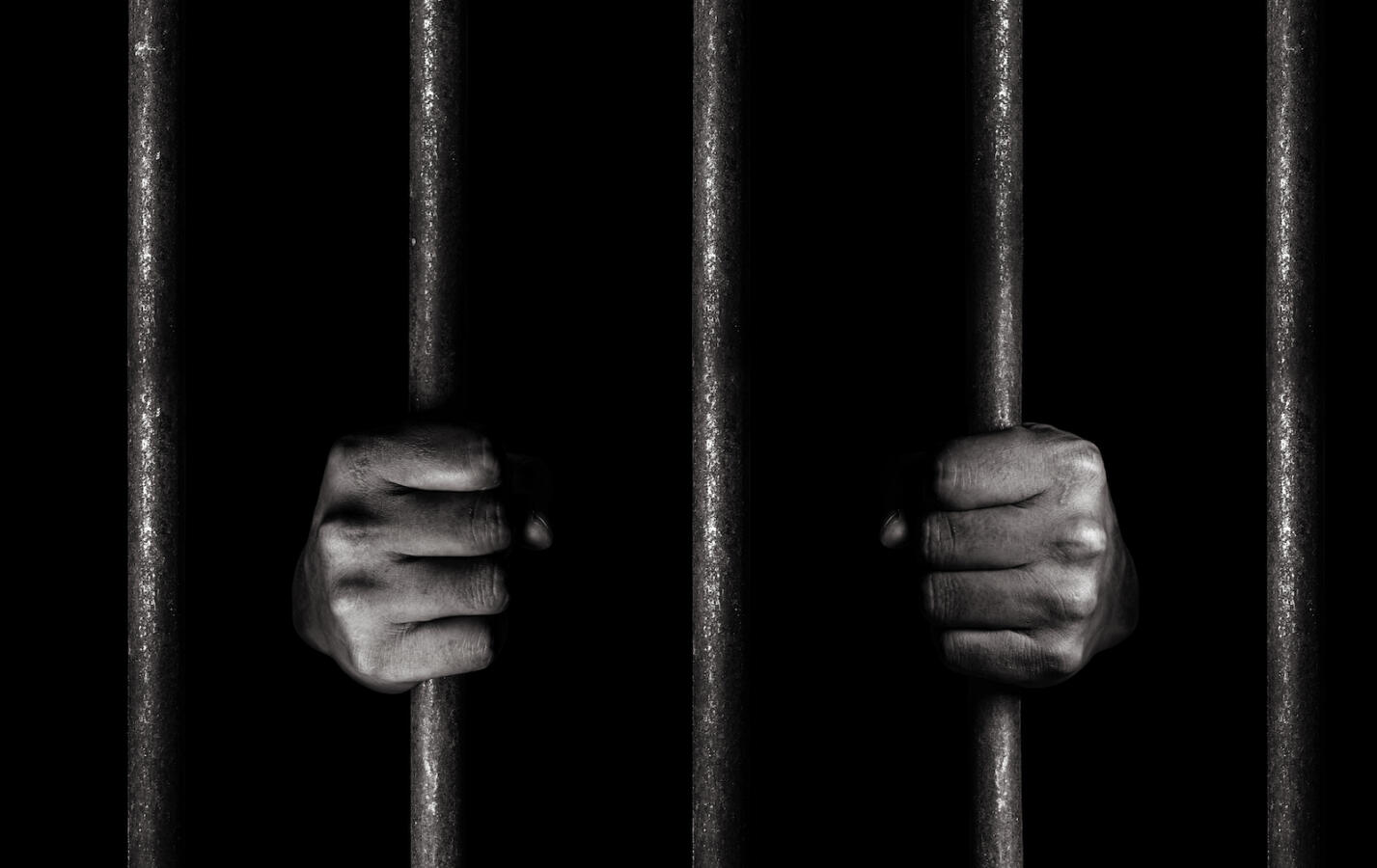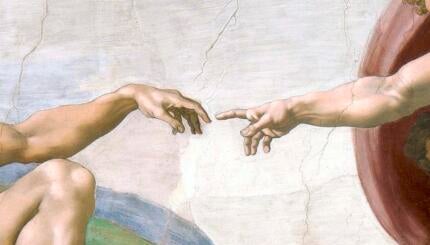This week we begin reading the Book of Exodus, which tells the story of the Jewish liberation from Egyptian bondage and the establishment of a covenant with God. The story is often told in a linear fashion, moving from darkness to light, from servitude to salvation. But the Hasidic master Rabbi Mordechai Leiner of Izbica sees it a bit differently.
He writes:
And Israel suffered from their work and cried out to God from their toil (Ex 2:23). This is the beginning of their salvation. Because of their cries, their salvation had begun. Before that there was nothing to evoke [their] supplication and prayer. Since God wanted to save them, God acted in a way to evoke in them a reason to cry out, and this itself was the beginning of their salvation, as we read in Psalms (66:20) “Blessed be God who has not removed my prayer nor God’s kindness from me.” That is, since prayer and supplication still dwell within me, God’s kindness will be revealed. Before God wanted to redeem them, they could not see their deficiency. But when God wanted to redeem them, God showed them their deficiencies and thus they saw that all of their shortcomings are rooted in themselves. And God then sent them the power of prayer and supplication whereby they make themselves known to God, and only then will God reveal God’s kindness. (Mei ha-Shiloah, vol. 2)
According to the Izbitzer, salvation is conditioned on servitude. Only once we become conscious of being in a state of servitude can salvation become possible — in fact, at that moment it has already begun. The desire for salvation can only arise from the realization of deficiency. God saves those who recognize that they cannot facilitate their own salvation. The beginning of salvation is the recognition of one’s own inability to create it.
The Book of Exodus shows Israel becoming a people in the throes of Egyptian servitude. But what sort of people will they become? Will their sense of self be so inflated that God becomes superfluous? Or will they recognize their deficiencies through the experience of servitude enough to know they are less than they imagine and cannot save themselves?
With your help, My Jewish Learning can provide endless opportunities for learning, connection and discovery.
Being unwilling to confront one’s shortcomings, or acting as if they are not a reason for one’s behavior, is an occupational hazard of power. Collectives that achieve power are prone to imagine that their strength is self-generated or a product of divine right. Either God doesn’t matter, or God has already spoken. It is here where the atheist and the fundamentalist meet. Perhaps this is why God repeatedly reminds Israel to remember its time in Egypt. In order to remain worthy of God’s grace, Israel must remain conscious of its prior servitude even once it attains power. Israel must understand that power is never self-generated; it is always a gift.
This is something Jews could stand to be reminded of today. As Jews began to awaken from the horrors of the Holocaust, it was understandable that they felt the need for power. Zionism gave them that power, restoring to Jews an agency that was previously only the provenance of God. It is thus no surprise that Zionism began in large part as a secular movement by Jews who decided that Judaism alone could not ensure Jewish survival. Powerlessness was the sickness and Zionism the cure. For most religious Jews, this sounded dissonant, even blasphemous.
But as we know, cures often contain their own hazards. Power provides a false sense of redemption — and may even undermine it. We typically think of sovereignty as redemptive and powerlessness as characteristic of exile. But our Hasidic master suggests the opposite: It is precisely the state of being in exile that evokes prayer, illuminates one’s deficiencies, and results in the beneficence of divine grace.
For the Izbitzer, redemption begins not with force, but with supplication, which can only be a response to recognizing one’s own deficiencies. Yet power makes it difficult to recognize one’s deficiencies. As such, it threatens to imprison us in what the sociologist Max Weber called an “iron cage.” Weber used that term to describe the way capitalist bureaucracy produces a rigid, dehumanized society that traps rather than liberates. In our case, Jewish sovereignty threatens to produce its opposite. It is as if the Jews, once victims of the power wielded against them, are now victims of the power they wield against others. In both cases, God stands on the margins.
I am not advocating pacifism per se or a commitment to powerlessness. Rather, I am questioning how one maintains an awareness of one’s own deficiencies while in the throes of power, and how that can help curtail power. Power has a spiritual cost, reflected in the exaggerated pride that can lead to an inflated sense of self. Exodus is the story of the birth and liberation of a people, but it is also the story of their exile. The two may be more intertwined than we think.
This article initially appeared in My Jewish Learning’s Shabbat newsletter Recharge on Jan. 14, 2023. To sign up to receive Recharge each week in your inbox, click here.



